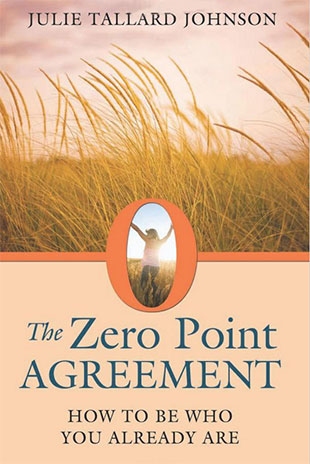"In our conversation, Parker [J. Palmer] spoke of how we all want to be invited to take a spiritual, meaningful pilgrimage, but it can take time to first hear the call and then to actually take such a journey. We have been told so long that we can't figure it out for ourselves that we need others to lead the way for us. 'So many of us (including clergy and teachers) are like spiritual tourists remaining on the tour bus. As the educators, spiritual teachers, counselors, and clergy, we are the "tour guides," pointing out the window. We say, "See over there, that is where Jesus was born, or see that tree, that is the Bodhi tree where the Buddha obtained enlightenment." ' The guides and the tourists stay on the bus because they are afraid or don't know how to get off. For many it is all they know.
"But, Parker points out that 'everybody wants to get off the bus.' Everyone wants to be invited to take a real spiritual pilgrimage of their own making. We each want to experience spiritual truth for ourselves. We each have our own version of the Mona Lisa or a great poem inside us to bring out. Each of us wants to know how to plant lotuses in the fire instead of only reading how others do so. 'Most spiritual teachers went into the profession to go on their own spiritual pilgrimage, to have their own spiritual experiences — so we can become quite isolated as tour guides. We need to help people off the bus but feel stuck ourselves. This will be a slow process so don't give up.'
"We first have to get ourselves off the bus. We need to give up our search for meaning and our reluctance to navigate the terrain without the protection of our assumptions or some set dogma. We need to stop settling for the comfort of the air-conditioned bus and feel the heat of personal exploration. To get off the bus we simply have to engage in real conversations with each other and the world around us.
"Everyone wants to share their stories, hold conversations with the world around them; sit under their own Bodhi tree. 'We can create bridges between us by simply sharing our stories,' by holding the conversations; by engaging in dialogue, as David Bohm invited us to do. In Wheel of Initiation, the sharing of one's life story is central to the initiatory pilgrimage. We make meaning through the conversations we open up to on a daily basis. Parker reminds us, 'There is no right or wrong here, nothing to defend, this is just a sharing of story.' Each conversation is a story within a bigger story. Each conversation gets us and others off the bus, as we engage in real dialogue with one another. Out in the open we can discover the world anew, every day. Our conversations can be with all sentient beings, as well as trees, gardens, rivers, our own bodies, and so on. In so many ways it all really gets down to our willingness to show up and hold these conversation out in the open with whoever and whatever meets us halfway. Each conversation we hold can be an invitation to the other to get off the tour bus and into direct experience with the divinity in each of us.
"This includes conversations with those who are on and off the bus. 'The youth see the other horizon, and we need this perspective, this vision. The teachers and elders have the wisdom of how we got here, but we are over the arc and can't see the eastern horizon.' So our conversations need to take us to that 'third place' mentioned earlier, where we will meet up with others who hold different and widening views as well as opposing views. With an approach of sharing stories, listening compassionately, reaching for understanding (rather than to be understood) we will experience the intimacy we crave.
"I have eleven times eleven times eleven more conversations to hold. I look forward to each one. (I consider this book as a start of a conversation with you.)
"Once we are off the tour bus let's do our best to stay off the bus and create more bridges between us all through continued open and honest conversations. Keep the conversations going until everyone is off the bus.
" 'That you are here — that life exists and identity,
That the powerful play goes on, and you may contribute a verse.'
— Walt Whitman"
